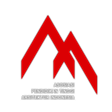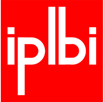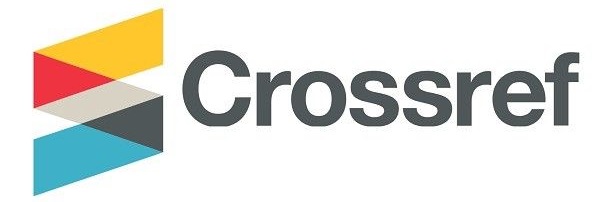Strategi Penataan Perabotan Rumah Kost Di Desa Karang Malang Yogyakarta
DOI:
https://doi.org/10.21776/ub.ruas.2012.010.02.1Abstract
Karang Malang village is one of locations boarding in Yogyakarta. A tenant of the boarding house consisting of the students, employees and traders. Boarding house in the village, there are three types namely: the boarding house of male, the boarding house of female, and the boarding house of both. The location of boarding house there are two types of all, namely: the boarding house separate from the owner of boarding and boarding house who was also the owner of lodging house. The boarding room looks neat and loose. Furnishing, but dirty clothes, private in the form of and shoes always put beside the boarding room.. The existence of the personal belongings of course interrupting the circulation and the atmosphere of communal activities performed in space. Based on this phenomenon the researchers team interested to explored factors caused and provided solutions. This research was done using Naturalistic Qualitative method for 6 months. Sampling was used as the unit of exploration and the analysis consisted of 11 boarding house. For observation, the researcher always explored every data and took information from some sources. The researcher collected data using Purposive Sampling technique, Snowball Sampling technique dan Cross Sectional system. The results of the study showed that renters tended to give priority to home kost personal interests, concern for the pshychology of environment looks weak giving rise to disturbances in the various parties as well as take advantage of any space to put personal furniture.
Key words : boarding house, space, communal furnishing, tenants, personal
Downloads
How to Cite
Issue
Section
License
Authors who publish with this journal agree to the following terms:
- Authors retain copyright and grant the journal right of first publication with the work simultaneously licensed under a Creative Commons Attribution License that allows others to share the work with an acknowledgement of the work's authorship and initial publication in this journal.
- Authors are able to enter into separate, additional contractual arrangements for the non-exclusive distribution of the journal's published version of the work (e.g., post it to an institutional repository or publish it in a book), with an acknowledgement of its initial publication in this journal.
- Authors are permitted and encouraged to post their work online (e.g., in institutional repositories or on their website) prior to and during the submission process, as it can lead to productive exchanges, as well as earlier and greater citation of published work (See The Effect of Open Access).











